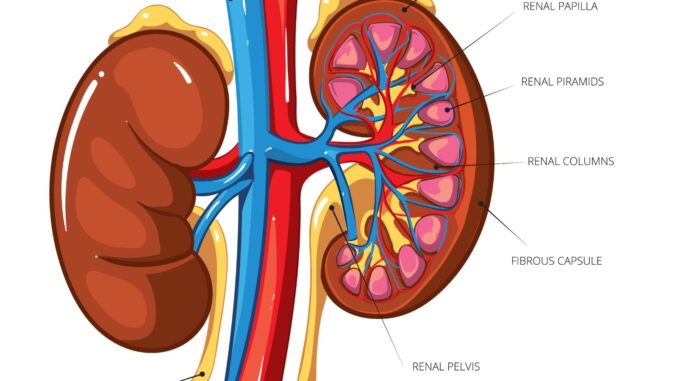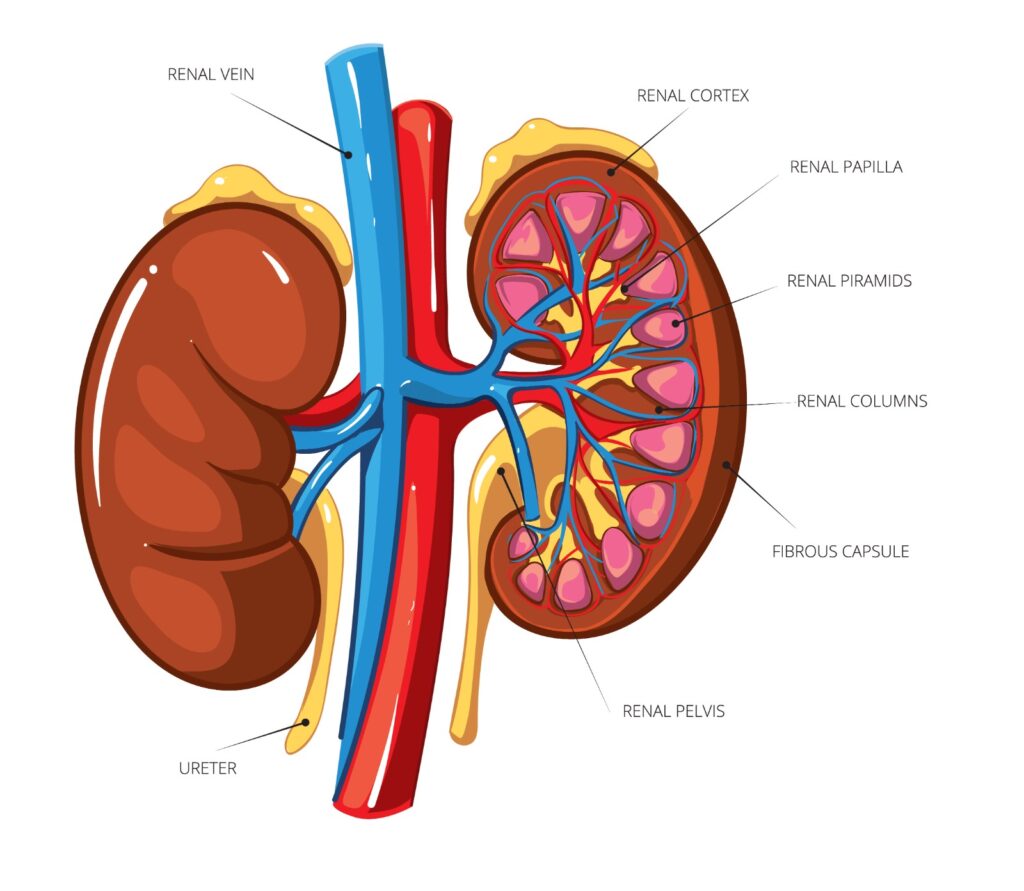

The landscape of kidney disease treatment is undergoing remarkable changes, offering promising new avenues for managing and potentially curing this complex condition. Advances such as the creation of a comprehensive atlas of human kidney cells and the reclassification into the Cardiovascular-Kidney-Metabolic syndrome pave the way for revolutionary treatment insights. Moreover, the integration of AI in diagnostics, alongside innovative drug developments and emerging therapies, underscores a transformative period in nephrology. Explore the newest breakthroughs redefining kidney disease care.
Latest Advancements in Kidney Disease Treatment
The landscape of kidney disease treatment is evolving rapidly, with new advancements offering hope for more effective management and eventual cures. One of the groundbreaking developments is the creation of a comprehensive atlas of human kidney cells, spearheaded by the National Institutes of Health (NIH) as part of the Kidney Precision Medicine Project. This atlas provides a detailed map comparing healthy kidney cells with those afflicted by disease, potentially transforming the way new treatments and drugs are developed by targeting the specific causes of kidney conditions.
Another significant development is the reclassification of health concerns under the Cardiovascular-Kidney-Metabolic (CKM) syndrome, introduced by the American Heart Association. This paradigm shift integrates cardiovascular disease, kidney disease, type 2 diabetes, and obesity, creating unified prevention and treatment protocols to address these interlinked health conditions. Additionally, progress in bioartificial kidney development, particularly the successful implantation of bioreactor prototypes in pigs, marks a critical step towards alternatives in kidney function management.
AI and Technological Integration in Diagnosis
The integration of artificial intelligence (AI) in medical diagnostics is playing a crucial role in kidney disease management. A pioneering test using AI alongside retinal scans, known as Reti-CKD, has demonstrated enhanced predictive capabilities for chronic kidney disease (CKD) risk compared to traditional testing methods. This innovative procedure harnesses the structural similarities between kidney and retinal micro blood vessels, potentially revolutionizing early detection and management practices.
Furthermore, the development of predictive models like Dr. Naveep Tangri’s Klinrisk model showcases the evolution in prognostic tools. By employing 20 lab-measured variables, Klinrisk aids in forecasting the progression risk for early-stage CKD patients, promising to integrate seamlessly within existing healthcare systems to bolster early detection and intervention efforts.
Drug Developments and FDA Approvals
The realm of pharmacotherapy is witnessing significant milestones with new drugs gaining approval for various aspects of kidney disease. The FDA’s approval of empagliflozin, originally a diabetes medication, for use in chronic kidney disease marks a vital step. Its efficacy in reducing cardiovascular death risk and slowing CKD progression by 28% underscores the drug’s potential in comprehensive disease management.
Similarly, Calliditas Therapeutics’ Tarpeyo targets autoimmune pathways associated with IgA nephropathy, achieving approval in both the United States and Europe. These developments highlight the importance of personalized medicine approaches, focusing on disease-specific mechanisms for improved outcomes.
Emerging Therapies and Clinical Trials
Beyond FDA approvals, experimental treatments continue to push the boundaries of what is possible in kidney disease management. The realm of xenotransplantation is breaking new ground, with genetically modified pig kidneys successfully transplanted and functioning within human patients. These experiments, conducted at the University of Alabama at Birmingham and NYU Langone Health, mark a significant advancement toward addressing organ shortages in the future through innovative solutions.
Another promising avenue is the use of endothelin-A antagonists, which have shown potential in preliminary studies for treating acute kidney injury. This class of drugs may improve vascular function and blood pressure, offering a new strategy for managing kidney injury complications based on recent research.
Exercise and Lifestyle Modifications
While advancements in technology and pharmacotherapy are crucial, lifestyle interventions also play a significant role in managing kidney disease. Recent research indicates that incorporating endurance and resistance exercises during hemodialysis sessions enhances physical function and quality of life for patients. Participants noted fewer hospitalizations, underscoring the importance of exercise as part of comprehensive kidney failure management strategies with tangible benefits.
Why You Should Learn More About Kidney Disease Treatment Advancements Today
The continuous evolution in kidney disease treatment and management provides a beacon of hope for patients, healthcare providers, and researchers. As precision medicine and technological innovations progress, they pave the way for potential breakthroughs that could redefine the landscape of kidney care. Staying abreast of these advancements not only empowers patients and clinicians with current knowledge but also fosters a proactive approach to healthcare. By understanding and integrating these new practices and treatments, communities can cultivate a more informed and compassionate standard of care.
Sources
Key Breakthroughs in Kidney Disease Research 2023
Biotech Advances in Kidney Treatment
#Latest #Breakthroughs #Kidney #Disease #Treatment #Ndius.com



